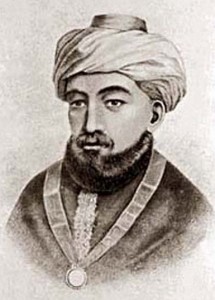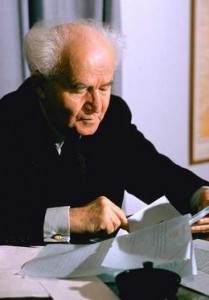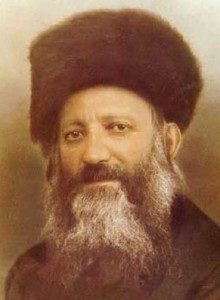Moshe ben Maimon (1138-1204), known in the Jewish world as the Rambam (his initials) and to the rest of the world as Moses Maimonides, was born in Cordoba, Spain, the son of a famed rabbi. In 1148, the Almohads conquered Cordoba and began persecuting the Jews. Maimonides’ family fled and remained on the move across Spain for 10 years before settling in Morocco. There, Maimonides studied at the University of al-Karaouine, focusing on the field of medicine. At the same time, he composed his famous commentary on the Mishnah – the central text of Jewish oral laws. Along with his two sons, he then traveled to the Holy Land, despite the danger of the ongoing Crusades. After visiting the holy sites and praying at the Temple Mount, he journeyed to Egypt and settled there, continuing his work and studies at the local yeshiva. During this time, he played a central role in saving a community of Jews taken captive by King Amalric I. In 1171, Maimonides was appointed president of the Egyptian Jewish community. When his brother’s merchant ship sank in the Indian Ocean, Maimonides lost all of his wealth and started working as a physician. Having studied both Greek and Arabic medicine, and being well-versed in folk healing and mysticism, Maimonides quickly became the top doctor in the world and was soon hired by the legendary Sultan Saladin. Even after Saladin’s death, Maimonides remained the royal family’s physician, and rejected offers by a handful of European kings. He wrote a number of healing manuals that were influential for many future generations (and still studied today). He also composed several religious and philosophical works, including the famous Guide for the Perplexed and Treatise on Logic. His Mishneh Torah remains one of the central compilations of Jewish law to this day. He also set forth Judaism’s 13 Principles of Faith. Scholars are puzzled at how he was able to accomplish so much: his typical day included a visit to the Sultan’s Palace before returning home to a long line of patients that lasted into the night. He would rarely take any breaks, and ended his day hungry and spent. Even on Shabbat he had little rest, dealing with life-or-death situations that trumped the sanctity of observing the Sabbath. Many believe that he passed away because of this difficult lifestyle. Maimonides writes that he wished he had more time to pray, study, and grow closer to God, but his obligation to care for the masses superseded all these. He passed away on December 12th (809 years tomorrow) to great sorrow, and true to his nature, had demanded the humblest of funerals. He remains highly respected in Spain and across the Middle East, the Arab world (as Abu Musa bin Maymun) and the medical community. Countless institutions continue to bear his name, and he is a central hero for modern Jews as a man who was both pious and worldly, bridging the gaps between Torah and science, Jewish wisdom and secular philosophy.
Words of the Week
Gems from Moses Maimonides:
“Do not consider it proof just because it is written in books, for a liar who will deceive with his tongue will not hesitate to do the same with his pen.”
“Give a man a fish and you feed him for a day; teach a man to fish and you feed him for a lifetime.”
“No disease that can be treated by diet should be treated with any other means.”
“One who wishes to attain human perfection must therefore first study Logic, next the various branches of Mathematics in their proper order, then Physics, and lastly Metaphysics.”
“One should see the world, and see himself as a scale with an equal balance of good and evil. When he does one good deed the scale is tipped to the good – he and the world is saved. When he does one evil deed the scale is tipped to the bad – he and the world is destroyed.”



